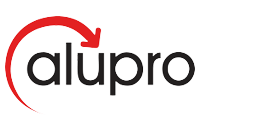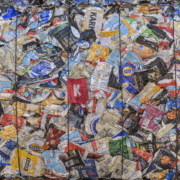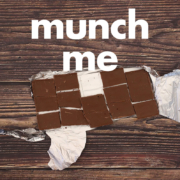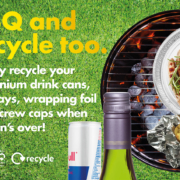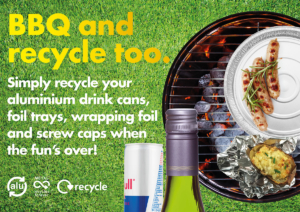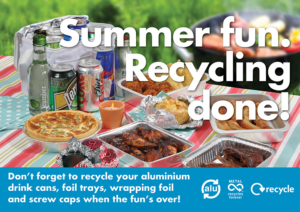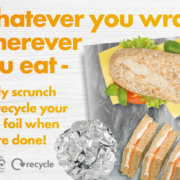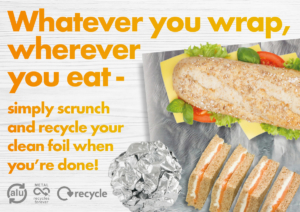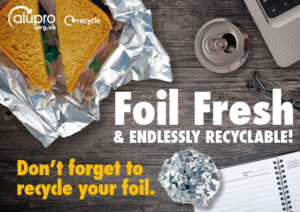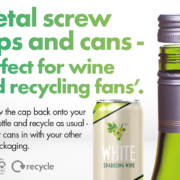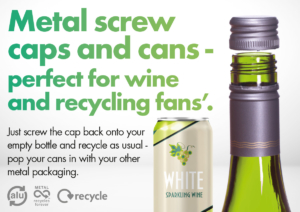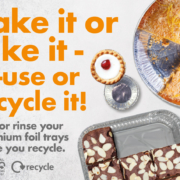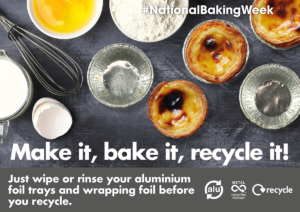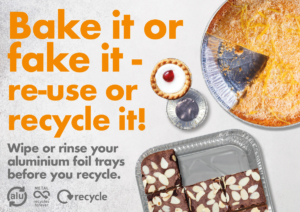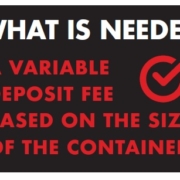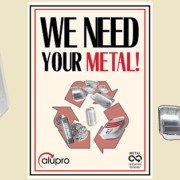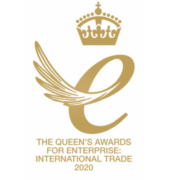-
Scottish Government fails to fully consider the views of the public and industry as well as the advice of its own Environment Committee regarding proposed DRS
-
Scots could face upfront beverage price hikes and see plastic bottles flood supermarket shelves as a result
-
MSPs meet later this week (29 April) to answer questions and finalise key elements
The Scottish Government has failed to consider the valuable views of its constituents, the packaging industry and its own Environment Committee regarding the planned introduction of a national deposit return scheme (DRS). That’s the serious concern of the Aluminium Packaging Recycling Organisation (Alupro), which is calling for MSPs to vote against the regulations, as they are currently drafted, at this week’s Environment, Climate Change and Land Reform Committee meeting (29 April).
Aiming to tackle plastic pollution, increase recycling rates, improve recyclate quality and minimise litter, Scotland’s DRS is expected to come into force in 2022. The scheme will see a deposit value added to the price of a beverage product in store, which will be refunded to the customer when empty packaging is returned to a designated collection point.
Under the proposed regulations, a flat deposit fee of 20p will be applied to all sizes of container. This could see customers charged an additional £4.80 upfront for a 24-can multipack, while only 80 pence for the same volume of drink packed in four large plastic bottles. In this scenario, independent research suggests* that two thirds of consumers would be likely to opt for larger plastic alternatives, resulting in the unnecessary production of c.82 m additional plastic bottles.
A Survation** poll, commissioned in February 2020 by Nature 2030 (an international coalition of businesses, politicians and activists working in cooperation to tackle environmental challenges), identified that Scots were fundamentally against this approach, with almost six-in-ten backing an alternative model in which the deposit level varies based on the size of the container they buy. Just 12% of respondents offered their support to a flat fee. All successful DRS schemes operating in the Nordics have a variable fee and even with small deposits the return rate is very high.
A number of leading industry bodies have also spoken out against the flat deposit fee, including the Metal Packaging Manufacturers Association, UK Can Makers and the Aluminium Packaging Recycling Organisation (Alupro), who have formally written to the first minister, members of the ECCLR Committee and Zero Waste Scotland to raise their concerns. However, the Scottish Government has seemingly ignored this collective feedback to date.
Rick Hindley, executive director at Alupro, commented: “While we are fully supportive of a well-designed DRS, we remain deeply apprehensive about a number of points outlined within the regulations in their current form. It is our primary concern that a flat deposit fee will unfairly distort the market and result in a tidal wave of unnecessary plastic bottles – a key issue that the scheme is fundamentally trying to solve.
“What’s more, the majority of consumers buy multipacks, and, at the point of purchase, these will become almost twice as expensive as the equivalent volume in plastic if a DRS is introduced with the same deposit fee. This would not only be a significant additional upfront cost for household budgets, but also result in more customers switching to plastic.
“Aluminium cans are a lightweight, valuable and infinitely recyclable material – the perfect example of a circular economy. In the UK, 75% of aluminium beverage cans are already collected and recycled every year, providing feedstock for new cans to be made. As aluminium cans are the world’s most recycled drinks package, replacing them with plastic alternatives would be a travesty, but unfortunately a real possibility if regulations are approved in their current format.
“To prevent this scenario, we suggest that the deposit amount should not be specified in the regulations and the scheme administrator should set the variable deposit fee based on the size of container, which is normal practice in other countries with high performing DRS systems. What’s more, we also believe that it would be prudent for the Scottish Government to allow itself greater flexibility and scope to react to the market after the covid-19 pandemic.
“It’s a tremendous shame that, despite the ECCLR supporting our call for a variable deposit, and for the scheme administrator to set the deposit, last time they reviewed the proposals, this has seemingly been ignored by the Scottish Government. In addition, some of the information the government has used to justify the proposal is both incorrect and misleading.
“We implore the Scottish Government to consider the hugely negative environmental consequences of approving the regulations in their current form and raise these concerns at the Environment, Climate Change and Land Reform Committee meeting later this week.”
To find out more about Alupro, or for more information about the environmental benefits of aluminium packaging, visit www.alupro.org.uk.
ENDS
* Survey of 2,000 UK adults, undertaken by Alupro (2019)
** Survey of 1,019 people, aged 16+ living in Scotland, on behalf of Nature 2030 (https://www.survation.com/support-in-scotland-for-a-wide-ranging-deposit-return-scheme/)
